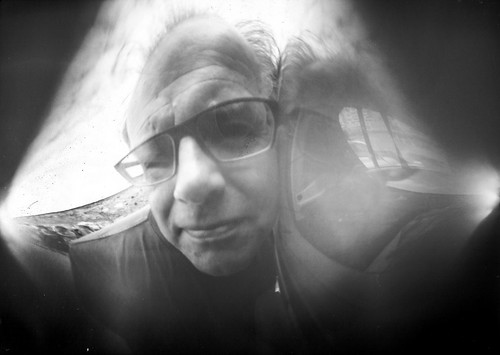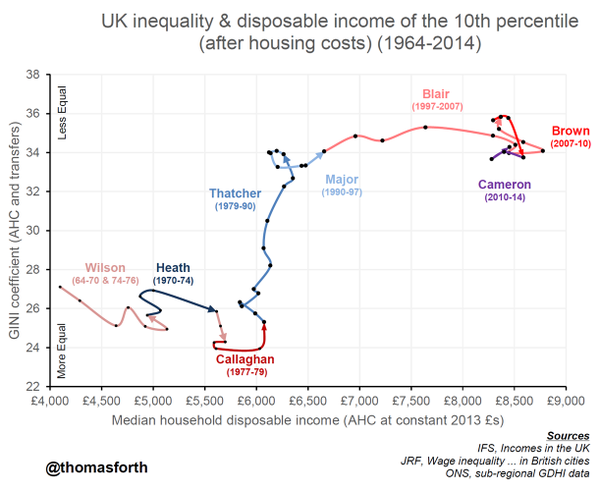I’ve mentioned before that I was sexually harassed by a prof as an undergrad. (This isn’t even the point of this story, but whatever.) From the perspective of an older person I can see that my professor hadn’t actually been teaching female students for all that long, since Columbia was so late in going co-ed (Columbia was holding out in the hopes of a Harvard-Radcliffe-style full merger between it and its sister women’s college, Barnard, which never happened.) I think Barnard students were already able to take some Columbia classes prior to 1983, and it’s not like I think it’s an excuse, but there you are.
In any case, this caused my boyfriend at the time to question whether I really deserved my A+. Not supportive, dude. It made me a little anxious about the idea, but not so much, because I really was an excellent student in this class, and my GPA was above 4 already that term. In college I had a strategy of studying for exams that was fool-proof. I write quickly, and would take reams of notes for each class. Then when exam time rolled around I would re-write my notes in a condensed form (and re-read the main texts, because I also read fast.) Zoë is dyslexic and finds all this supremely irritating for obvious reasons, but is nonetheless interested. I once helped a friend who had been skipping class half the term pass the final for a Central and South American Art History class with only a single night to study. He was resigned to failure and thought he wouldn’t graduate on time. NOT ON MY WATCH, HOMES. [This is not to say I’m amazing or anything; being good at studying for college exams is a skill with limited utility, and not necessarily a predictor of whether someone can, just pulling an example at random, finish her f$%king PhD dissertation or anything. Further, I must allow I chemically enhanced these abilities in a way that is not recommended for extended periods.]
The notes I made for Roman History were so good that people learned about them [?]. (I did give them to two friends, with whom I actually studied.) Thus a frat bro whom I didn’t know from Adam approached me one day and asked if he could have a copy. What? What?! Who does this? I declined, obviously, but with insufficient scorn, simply because I was so baffled and astonished. Zoë’s response to this is the best: “did he think you were an NPC?!” I think this is exactly right. Dudes like this think lesser beings are actually non-player characters in the video game of life. Like Minecraft villagers with boobs or something.



